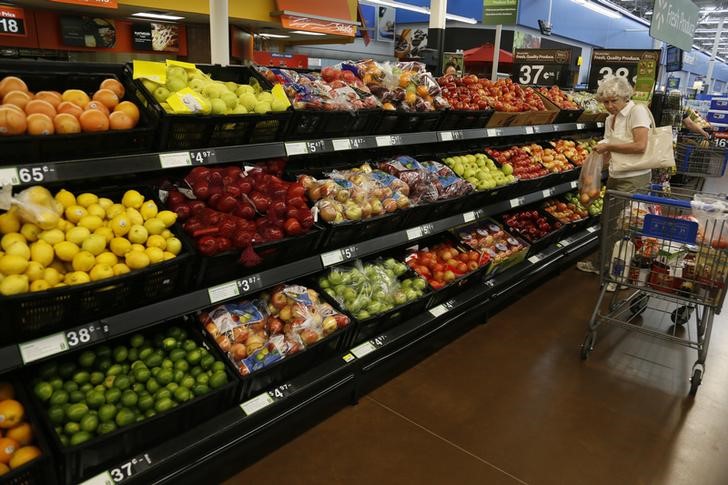Stock market today: Nasdaq closes above 23,000 for first time as tech rebounds
Investing.com - Inflation remains the top concern for U.S. consumers this year, while worries over President Donald Trump’s tariff plans have increased, according to analysts at Morgan Stanley (NYSE:MS).
In a note to clients on Monday breaking down a survey of around 2,000 American shoppers conducted from February 20-24, the analysts said 60% of respondents expressed fears over rising prices, adding that this was "comparable" with previous waves of inflation.
The uptick in anxiety over price gains may be partially linked to growing uncertainty around Trump’s sweeping tariff proposals, which stand to upend America’s trading relationships with both friends and foes alike.
The survey showed that 35% of consumers said they were "very concerned" by the expected tariffs, up from 28% in the prior month, while 22% were "slightly concerned." Just 16% said they were not worried at all.
Recent economic figures have pointed to fears among both businesses and households over the tariffs, which some economists have argued could refuel inflationary pressures in the U.S. Such worries led the Federal Reserve to push pause on a recent series of interest rate cuts in January due in part to uncertainty around the duties.
Commerce Department data on Friday found that consumer spending fell for the first time in almost two years in January, while the goods trade deficit widened as more businesses pushed forward purchases in a bid to avoid the impact of the levies.
The numbers, which came after a separate report found that U.S. consumer sentiment had dipped to a 15-month low, pointed to a raft of headwinds facing the American economy in the first quarter. Further indicators are due out this week, including factory activity data and the all-important monthly payrolls report.
"Consumer confidence in the U.S. economic outlook further deteriorated" in February, the Morgan Stanley analysts said, adding that its survey showed that 38% expect the economy to improve in the next six months -- down from 44% in January.
